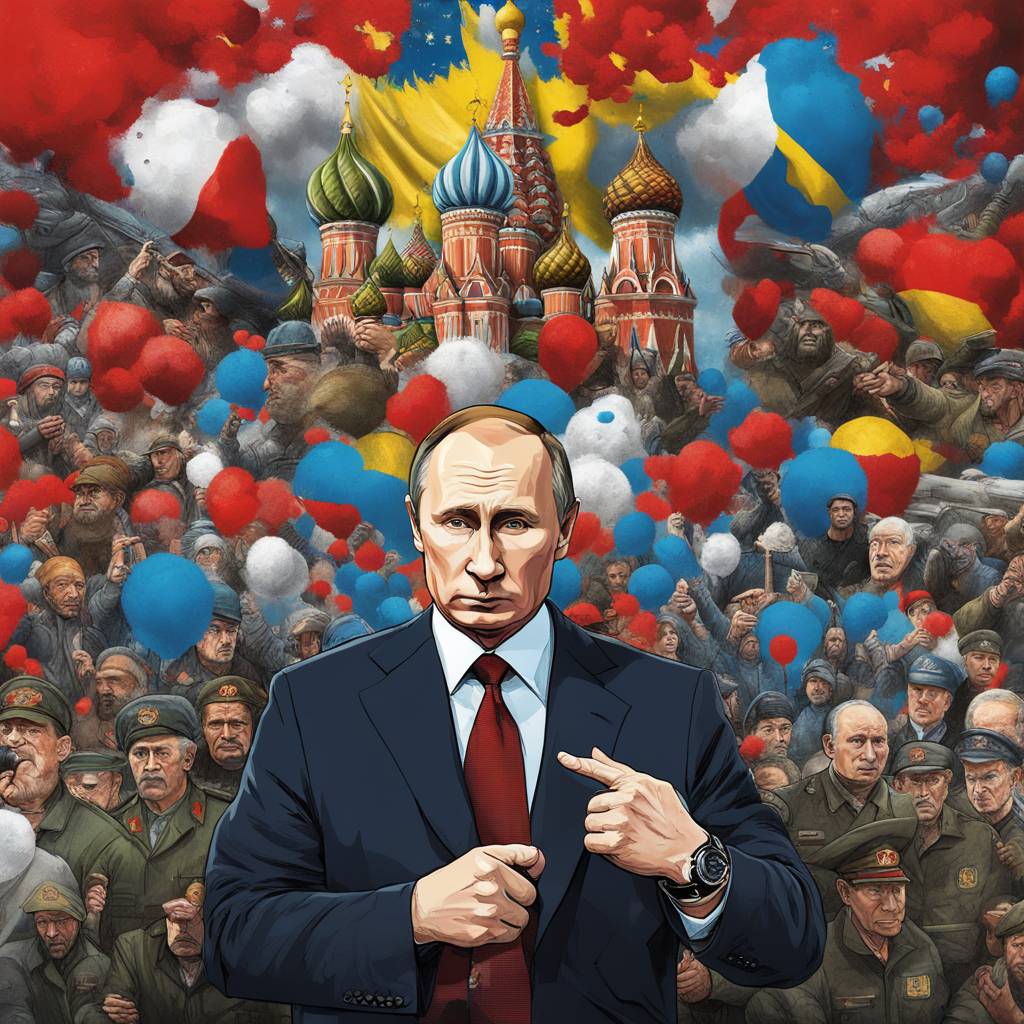The recent terrorist attack at Moscow’s Crocus City Hall, claimed by ISIS, has left at least 137 people dead and raised questions about its impact on Russian President Vladimir Putin. While Putin is known for his strong leadership and focus on maintaining order, the attack has been seen as a potential embarrassment and a threat to his rule. Some experts believe that the attack could weaken Putin’s position, especially since he had dismissed warnings from the United States about the possibility of such an incident occurring. The elite in Russia may question where Putin’s focus has been, given the unfolding dangers close to home.
Critics, such as former oil tycoon Mikhail Khodorkovsky, have pointed out security lapses that allowed the attack to happen, calling it a failure of the police state. Putin took nearly 20 hours after the attack to address the nation, not mentioning ISIS or acknowledging the intelligence and security failures that led to the assault. Instead, he suggested that Ukraine had aided the attackers, without providing concrete evidence. While ISIS has a history of targeting Russia due to its involvement in Syria’s civil war, Putin’s attempt to link the attack to Ukraine has been dismissed by experts as a diversion from the truth.
Despite Putin’s claims, Washington and security experts believe that ISIS should be held solely responsible for the attack in Moscow. The gunmen involved were identified as citizens of Tajikistan, a Muslim-majority former Soviet republic in Central Asia. Putin’s vague comments about Ukraine and the attack have raised speculation about his intentions, whether it is to garner domestic support for his war in Ukraine or to use the terror attack as a pretext for further actions related to the conflict. Some believe that the incident could be used to justify another round of mobilization of reservists, as the war’s death toll continues to rise significantly.
Following the attack in Moscow, Russia launched a wave of strikes on Ukraine, with one missile entering Polish airspace briefly. While this retaliation may seem connected to the terrorist incident, experts such as John Lough, who is in Kyiv, suggest that it may not be a direct response. The situation remains complex and uncertain, with Putin facing criticism for his handling of the attack and questions about the potential consequences for his leadership. As investigations into the perpetrators and motives behind the attack continue, the repercussions of this tragic event are likely to reverberate in both Russia and Ukraine for the foreseeable future.













